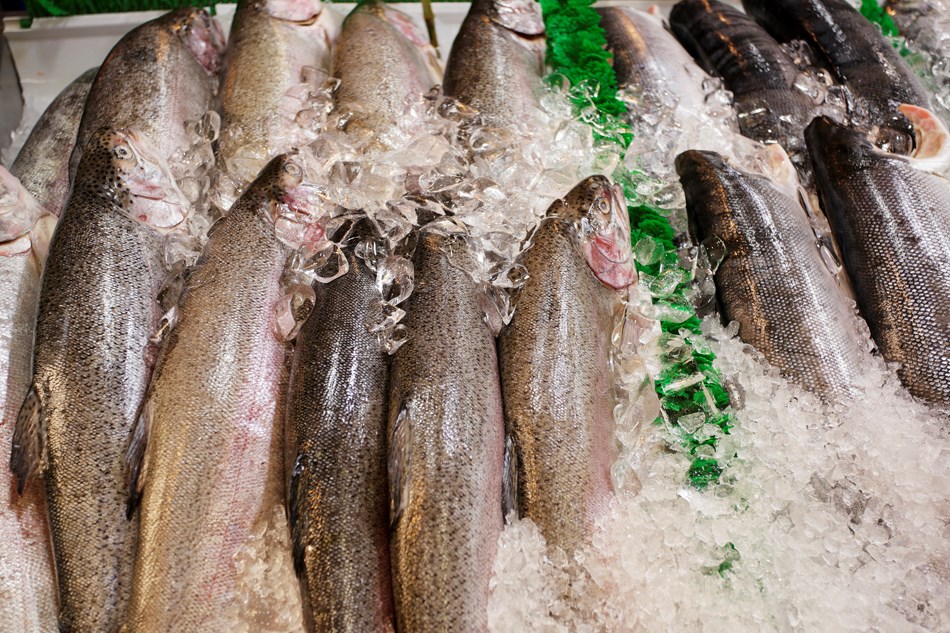I recently took a much-needed last minute vacation with my partner to Vancouver Island and explored a few Gulf Islands along the way. We lived out of our backpacks, slept in tents and even bathed in rivers: we went all-out hippy. The main focus of our trip was food and drink, and we went to so many markets and farms for our daily food – and even had the chance to buy a fresh halibut from a fisherman straight from his boat. As we dined at an organic farm last night with some friends eating nothing but food that was grown nearby, we counted ourselves lucky for being able to have the opportunity and the privilege of eating food straight from the land, unpackaged, unfrozen, and unprocessed. Living sustainably needs to be on the forefront of everyone's mind.
There are many reasons why it is important to make good choices for our health and the health of our ecosystem. We are lucky to have so many resources and tools that allow us to live within a sustainable means while still enjoying the convenience of city life. Societies and cultures tend to collapse and disappear when they are no longer sustainable, but that’s a whole other topic. The practice of making sustainable food choices is especially important when it comes to seafood. The bottom line is, we are overfishing our oceans and fish stocks are dwindling down at an alarming rate, with some species even becoming extinct.
According to the WWF, seafood is the largest traded food commodity on the planet and about 1 billion people depend on it as their main source of protein. Sustainable seafood is a good way of helping to protect the future of the world’s oceans and fish reserves. Healthy oceans are pretty vital to our survival on this earth. And just like the WWF states, “Sustainable seafood comes from well-managed sources that allow fish populations to grow and thrive and ecosystems to flourish.”
So what does it mean to eat sustainably when it comes to your ocean animals? Here are some tips to get started.
Get wise
Choose Ocean Wise seafood when eating out. The Ocean Wise symbol lets you know that the seafood you’re about to eat was sustainably caught, and doesn’t contribute to overfishing.
Keep it local
Keeping things local will ensure that you are eating the freshest foods possible. When you can order straight from the fisherman himself and support smaller businesses, everybody wins!
Variety
Yes, salmon is delicious and great for you, but there are plenty of fish in the sea (pun intended). Branch out and talk to the people at your local fish counter about what’s in season, get some ideas on how to cook it and become a boss in your kitchen.
Barbecue lime cilantro halibut
Ingredients:
• 1 large halibut fillet
• Juice of 2 limes
• 1 cup chopped cilantro
• Salt and pepper to taste
• 1 tpsp olive oil
Directions:
1. Put the halibut on top of some tin foil and pour all ingredients over the halibut
2. Wrap the halibut in the tin foil and barbecue for 15-20 minutes.
3. Another option is to marinate the fish for 12-24 hours in the lime and cilantro dressing before cooking it.
4. Once the halibut is fully cooked, unwrap and enjoy!



